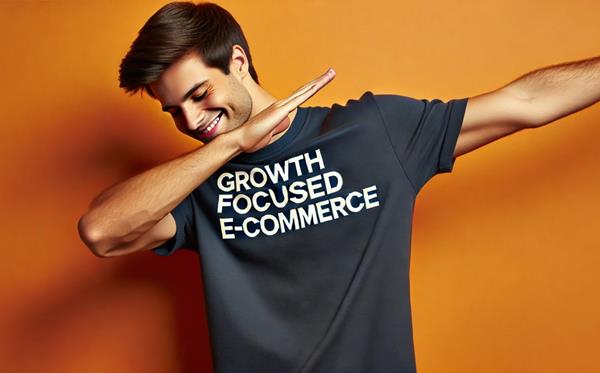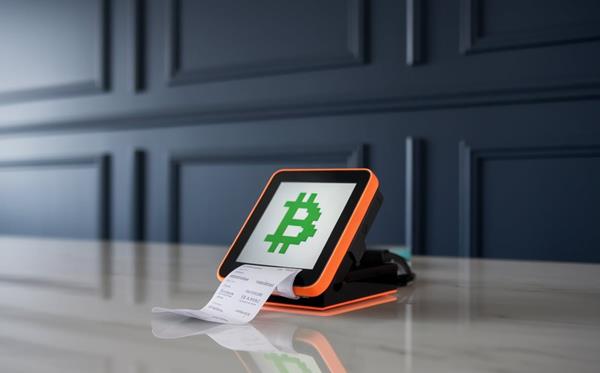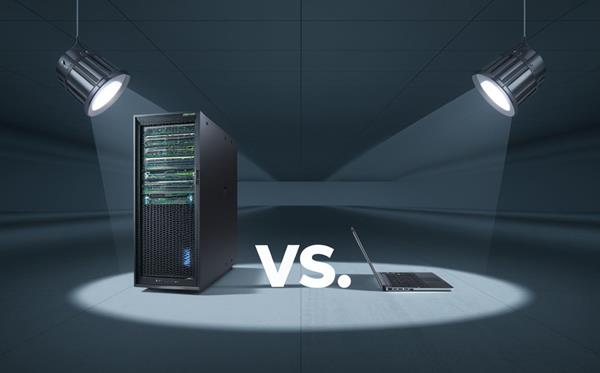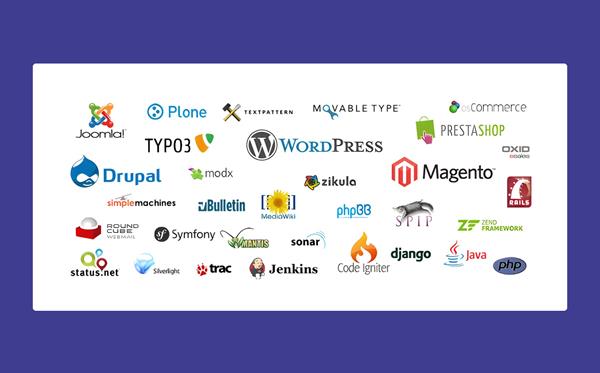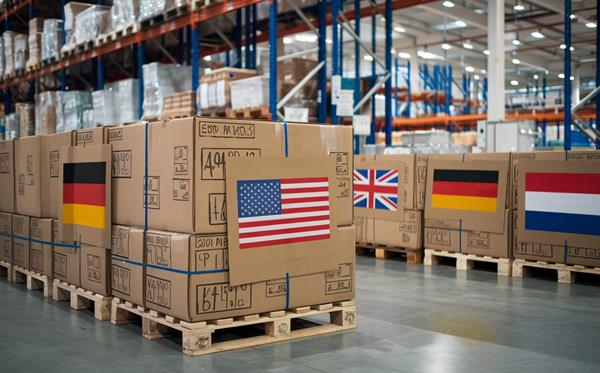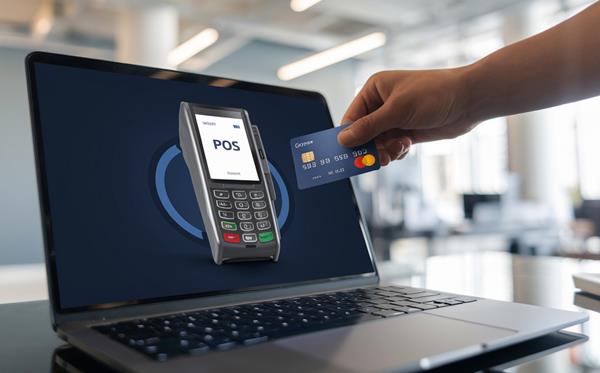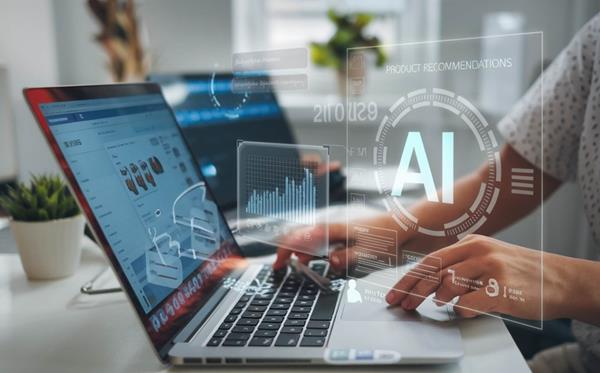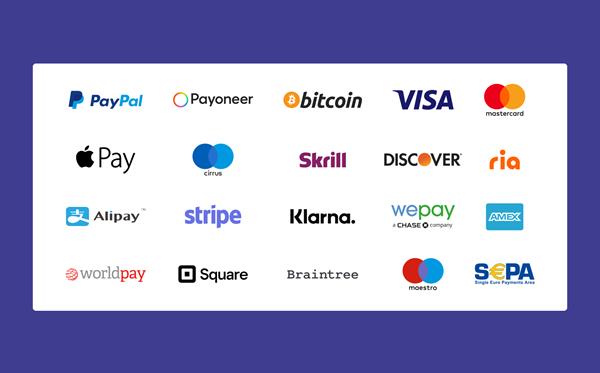Trends and Future Predictions in B2B E-commerce

The landscape of B2B (Business-to-Business) e-commerce has evolved rapidly in recent years, driven by advancements in technology, shifting buyer preferences, and the digital transformation of industries. As businesses increasingly prioritize online sales channels, B2B e-commerce is expected to continue its growth trajectory. This article highlights key trends shaping the future of B2B e-commerce and provides data-driven insights into what lies ahead.
1. The Rise of B2B E-commerce
B2B e-commerce is already experiencing exponential growth, and it shows no signs of slowing down. According to a report by Statista, global B2B e-commerce sales surpassed $18 trillion in 2023, accounting for nearly 13% of total B2B sales worldwide . This growth has been fueled by the increased adoption of digital channels and the expectation that B2B buyers want a seamless online experience similar to that of B2C (Business-to-Consumer) customers.
Key Statistic:
- By 2025, 80% of all B2B sales interactions between suppliers and buyers will occur via digital channels, according to a Gartner study.
2. Self-service Portals and Digital-First Experiences
One of the most notable trends in B2B e-commerce is the shift toward self-service portals. B2B buyers are increasingly looking for online platforms where they can research products, place orders, and manage accounts independently. In fact, Forrester predicts that by 2025, 60% of B2B buyers will be millennials , a generation that prefers digital-first, self-service interactions over traditional sales methods.
Benefits of Self-service:
- Increased Efficiency: Buyers can quickly access product information, compare options, and make purchases without relying on sales representatives.
- Cost Reduction: For sellers, self-service models can reduce operational costs by automating key aspects of the sales process.
3. Personalization and AI-driven Recommendations
B2B buyers expect personalized experiences just like their B2C counterparts. AI-powered personalization tools are becoming increasingly important in B2B e-commerce, allowing businesses to provide tailored product recommendations, customized pricing, and targeted content based on past behaviors and preferences.
AI’s Impact on Personalization:
- According to McKinsey, businesses that utilize AI-driven personalization can achieve 5-15% higher revenues than those that do not.
- Accenture reports that 73% of B2B buyers prefer purchasing from suppliers who offer a personalized experience.
4. Mobile Commerce (M-commerce) in B2B
Mobile commerce is no longer a B2C-exclusive trend. With the increasing use of smartphones in business processes, B2B buyers are now using mobile devices to research products, compare prices, and place orders. A report from Google indicates that 50% of B2B search queries are made on smartphones . As mobile adoption grows, B2B e-commerce platforms need to be optimized for mobile use, offering responsive design and easy navigation for buyers on the go.
Future Outlook:
- By 2024, 70% of B2B buyers are expected to use mobile devices throughout their purchase journey.
5. Omnichannel Strategies and Integration
In B2B, omnichannel strategies have become essential to delivering a seamless customer experience across various touchpoints, whether it be through a website, mobile app, email, or in-person sales. According to a Harvard Business Review study, 73% of B2B buyers use multiple channels during their purchase journey . Companies that can successfully integrate their e-commerce systems with other sales and marketing channels will be better positioned to provide a unified customer experience.
Benefits of Omnichannel Integration:
- Consistent Customer Experience: Buyers receive the same high-quality service and support regardless of the platform they use.
- Improved Data Utilization: Integrated systems allow businesses to gather and analyze customer data more effectively, leading to better insights and decision-making.
6. Advanced Payment Solutions
Traditional payment methods such as purchase orders and checks are being replaced by more efficient digital payment solutions. The increasing adoption of Buy Now, Pay Later (BNPL), flexible financing options, and instant payment processing are reshaping how B2B transactions occur. Worldpay predicts that digital wallets will account for 22% of global B2B transactions by 2025 .
Benefits of Advanced Payment Solutions:
- Reduced Transaction Time: Faster processing of payments improves cash flow and accelerates order fulfillment.
- Increased Buyer Confidence: Flexible payment options give buyers more control over their purchase decisions, leading to higher satisfaction.
7. Sustainability and Ethical Practices
As sustainability becomes a top concern globally, B2B buyers are increasingly favoring suppliers with transparent and sustainable practices. Deloitte reports that 70% of business leaders believe sustainability will be a key differentiator in the B2B marketplace within the next five years . This trend is pushing e-commerce platforms to showcase eco-friendly products, reduce carbon footprints, and highlight responsible sourcing practices.
Future Impact:
- B2B platforms that emphasize sustainability in their operations and supply chains will likely attract more environmentally conscious buyers.
Future Predictions for B2B E-commerce:
- AI and Machine Learning Integration: AI will continue to shape B2B e-commerce by enabling real-time data analysis, better forecasting, and personalized marketing efforts. Expect to see more platforms integrating AI tools to enhance operational efficiency and customer engagement.
- Blockchain for Transparent Transactions: Blockchain technology is expected to revolutionize B2B payments and supply chains by providing more secure, transparent, and tamper-proof transaction records.
- Globalization of B2B Commerce: As businesses increasingly expand into global markets, B2B e-commerce platforms must offer multilingual support, multi-currency payment options, and global logistics integrations to cater to a wider audience.
- Voice Commerce: With the rise of AI-powered voice assistants, voice commerce is predicted to gain traction in B2B. Businesses may soon leverage voice commands to place orders, track shipments, and perform customer service tasks.
Conclusion
The future of B2B e-commerce is bright, driven by technological advancements and changing buyer expectations. Companies that embrace trends such as self-service portals, personalization, mobile commerce, and sustainability will be well-positioned to succeed in this evolving landscape. As B2B e-commerce platforms continue to evolve, staying ahead of these trends will be crucial for businesses looking to remain competitive.
Sources
- Statista: Global B2B E-commerce Sales, 2023
- Gartner: The Future of B2B Sales Is Digital
- Forrester: Millennials in B2B: Disrupting the Buyer Journey
- McKinsey: The Personalization Imperative
- Accenture: The Power of Personalized B2B Experiences
- Google: The Role of Mobile in B2B Purchases
- Harvard Business Review: Omnichannel Strategy for B2B Sales
- Worldpay: The Global Payments Report 2025
- Deloitte: Sustainability in B2B: The Next Big Trend










